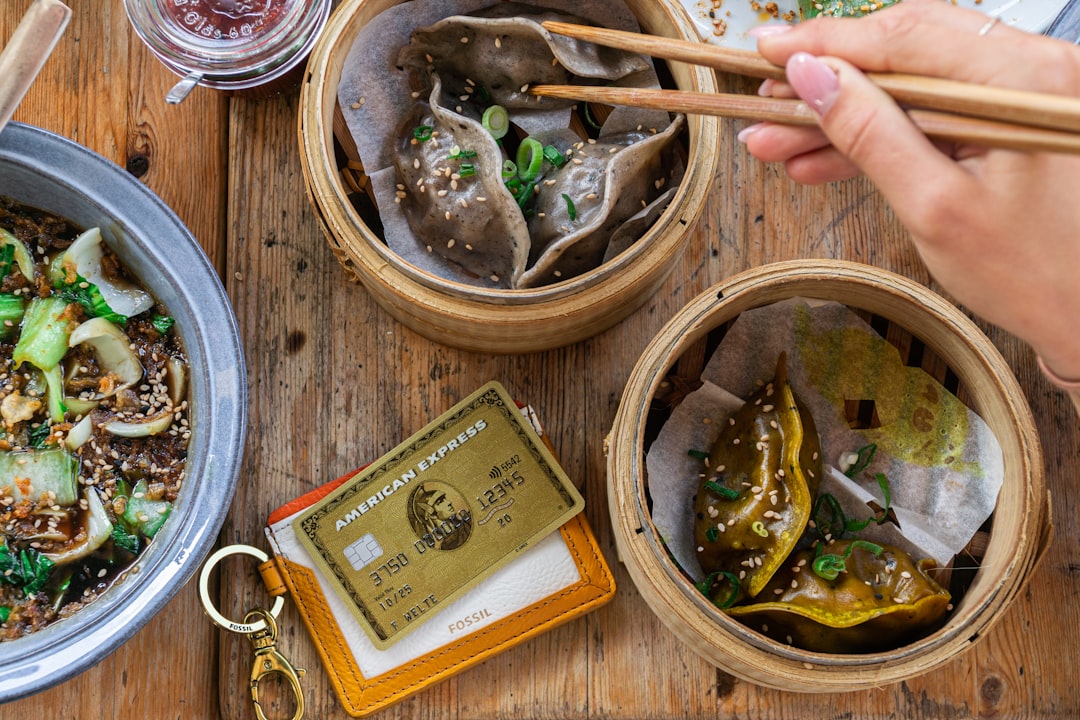Secrecy. Shame. Embarrassment. This is how I felt as I took out the container of rice, braised pork, and egg that my mom had packed for my lunch that day in middle school—afraid of what others might think or ask about what I was eating. Wishing to fit in with all the other kids around me, I later switched my mom’s homemade Vietnamese lunches for peanut butter and jelly sandwiches. At least for me, this was just a fraction of how it felt growing up as an Asian American. As I’ve gotten older, I’ve acknowledged my cultural differences, but there have been so many moments that have made me want to abandon my cultural roots to fit in with white societal expectations—wishing for an AAPI ally to be by my side.
This discrepancy is most certainly present in the health and wellness foodie community. It’s important to remember that a lot of our ethnic dishes can be just as healthy as the plate of plain chicken, brown rice, and veggies found in your typical “healthy food” Google search. In light of all the AAPI events taking place in our society today, it is important to stay active in preventing hate crimes from happening, and one of those ways can be through food. Here are three habits you can implement in your daily life to be an AAPI ally in the world of food, health, and wellness.
1. Diversify your feed
Food is fuel, food is health, but food is also culture. Like individuals in real life, one of the most unique aspects of content creators online is one’s cultural identity. Throughout the years, it has become easy to label Asian food as “greasy,” “unhealthy,” and tossed into the bin of “not-so-clean eating.” However, the “greasy” Asian food depicted in our society today is a result of the Americanization of a certain cultural cuisine, and is not an accurate representation of authentic Asian food.
The wellness industry has been known to be dominated by white stereotypes, and it’s easy to get caught up in the idea that “healthy living” must mean clean salads, avocado toast, and daily yoga. However, this is not true, and there is a variety of authentic ethnic dishes that are just as healthy as that bowl you might be ordering from Sweetgreen. Therefore, it is important to diversify your feed online and in real life because there is a great multitude of AAPI, Black, Latino, and other non-white content creators that share a glimpse of their traditional culture through food.
#SpoonTip: Looking to follow more AAPI foodie content creators? Check out @hungryhanna_, @munchinspo, @takestwoeggs, and @bunbobaeblog on Instagram!
2. Approach with curiosity and respect
Butchering the name of a certain AAPI dish is totally okay and bound to happen when you first try a new type of food. However, there is a fine line between accidentally mispronouncing a name and making fun of the word for how it translates in English or different cultures. Like food, there is also a cultural aspect of languages that should be respected.
Authentic AAPI dishes are not the same as the Americanized versions you find at Panda Express or at your local take-out spot. Before you call yourself an AAPI ally or say “I like [type of Asian] food,” ask yourself if you are referring to the Americanized version or the authentic version with a wide range of diverse dishes. There are so many underrated AAPI dishes to try that not only speak to the dish’s historical significance, but also to its unique taste.
#SpoonTip: Looking to try an underrated authentic AAPI dish that’s not orange chicken, pho, adobo, sushi, or pad thai? Give Vietnamese broken rice (com tam) a try, venture to FOB Kitchen to try Filipino pancit, or get a taste of famous Sichuan dishes like Dandan noodles.
3. Drop the stereotypes
Just because you may have heard the rumor that people in Asian countries eat “dog and cat meat” does not mean that all Asian individuals do the same. Like all other stereotypes, this stereotype is especially harmful in our society today because it alludes to the “bat eating by Chinese people” that was speculated to have caused COVID-19. Stereotypes around food and Asian Americans have become the epicenter of hate crimes amongst chefs in restaurants, have hurt individuals on a personal level, and have wreaked havoc on our society. Asian countries are so diverse, and stereotypes are heavily flawed. A lot of the Asian hate was spawned by Sinophobia/Anti-Chinese sentiment in particular, which is illogical since East Asia has countries other than China, and Asia as a whole has regions beyond just East Asia.
As a minority, Asian Americans, Hispanic Americans, and Black Americans are perceived as different from the majority (white Americans) just because of our cultural heritage. However, most of us have also grown up with the classic hot dogs and hamburgers at a party, gone to school with other Americans, and been exposed to the same American music that embodies our society today. As Americans, we should be viewed and treated the same as any other citizen living in this country. Hate crimes must stop, and we can all do our part with little changes in our daily habits.



